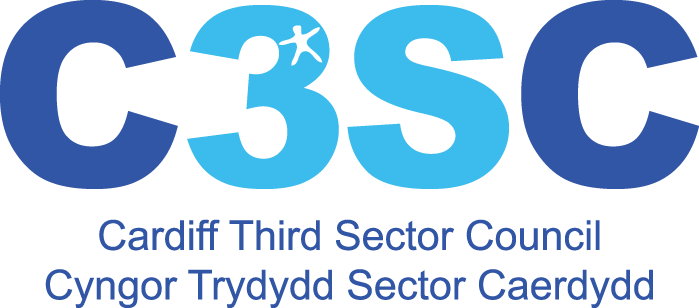While vaccinations are the most effective way to save lives and protect public health worldwide, public hesitancy, driven by misinformation, can reduce the success of vaccination programmes, disease elimination, or eradication, says a new report from Public Health Wales.
Vaccines currently save between three and a half and five million lives worldwide, every year, but vaccine availability alone is not enough to reach all those eligible and any programme must be accepted by people and communities to be the most effective.
The report that looks at experiences, policies, programmes, and evidence from around the world states that although digital misinformation is one of the greatest drivers for reducing vaccine acceptance, trust is the biggest driver for acceptance and that health professionals are often the most trusted information source.
Communication campaigns are therefore essential for vaccination programmes in gaining people’s trust and acceptance by providing credible information, influencing attitudes and behaviours and generating demand.
Dr Mariana Dyakova, International Health lead and WHO Collaborating Centre Deputy Director at Public Health Wales, said:
“Deciding to accept a vaccine depends on many factors, mostly on building and maintaining trust with people, families and communities. This requires clear understandable language, listening and responding to concerns, and reiterating confident evidence-backed key messages, which fight uncertainty.”
“It is especially important to reduce inequity of communication reach through tailoring immunisation strategies to improve uptake, engaging community-centred approaches, ensuring website accessibility, targeting vulnerable or disadvantaged populations, and including their experiences in campaigns.”
Dr Christopher Johnson, Consultant Epidemiologist and Interim Head of Public Health Wales’ Vaccine Preventable Disease Programme (VPDP), said:
“It’s encouraging that this report highlights that communications campaigns can increase vaccine acceptance. Having access to accurate and trusted information is vital to help individuals make informed decisions regarding vaccination.
“In Wales, we have run a number of communications campaigns, which are behaviourally informed, to help inform and increase people’s knowledge about vaccination. And this is something we will continue to do – to ensure people are receiving trusted, accurate information.”
The report identifies key success factors in communication campaigns for vaccines, including:
Collect positive testimonies from those who have received the vaccine
Involve healthcare professionals to promote public trust
Messages must be culturally and linguistically appropriate for the target community
Develop consistent messaging across different agencies to reduce confusion
Focus on benefits
Appraisal of vaccine information sources
Communication must go alongside additional policies and public health measures
Develop a strong foundation of public/private multisectoral partnerships
Increase social media presence
Tailor messages for specific communities.
The International Horizon Scanning and Learning Report: Communication campaigns for vaccine acceptance, provides a high-level summary of learning from real life experiences from selected countries, and from a variety of scientific and grey literature. The report series offer a brief snapshot of current evidence, policy and practice, sharing relevant country examples and international bodies’ guidance and principles.


